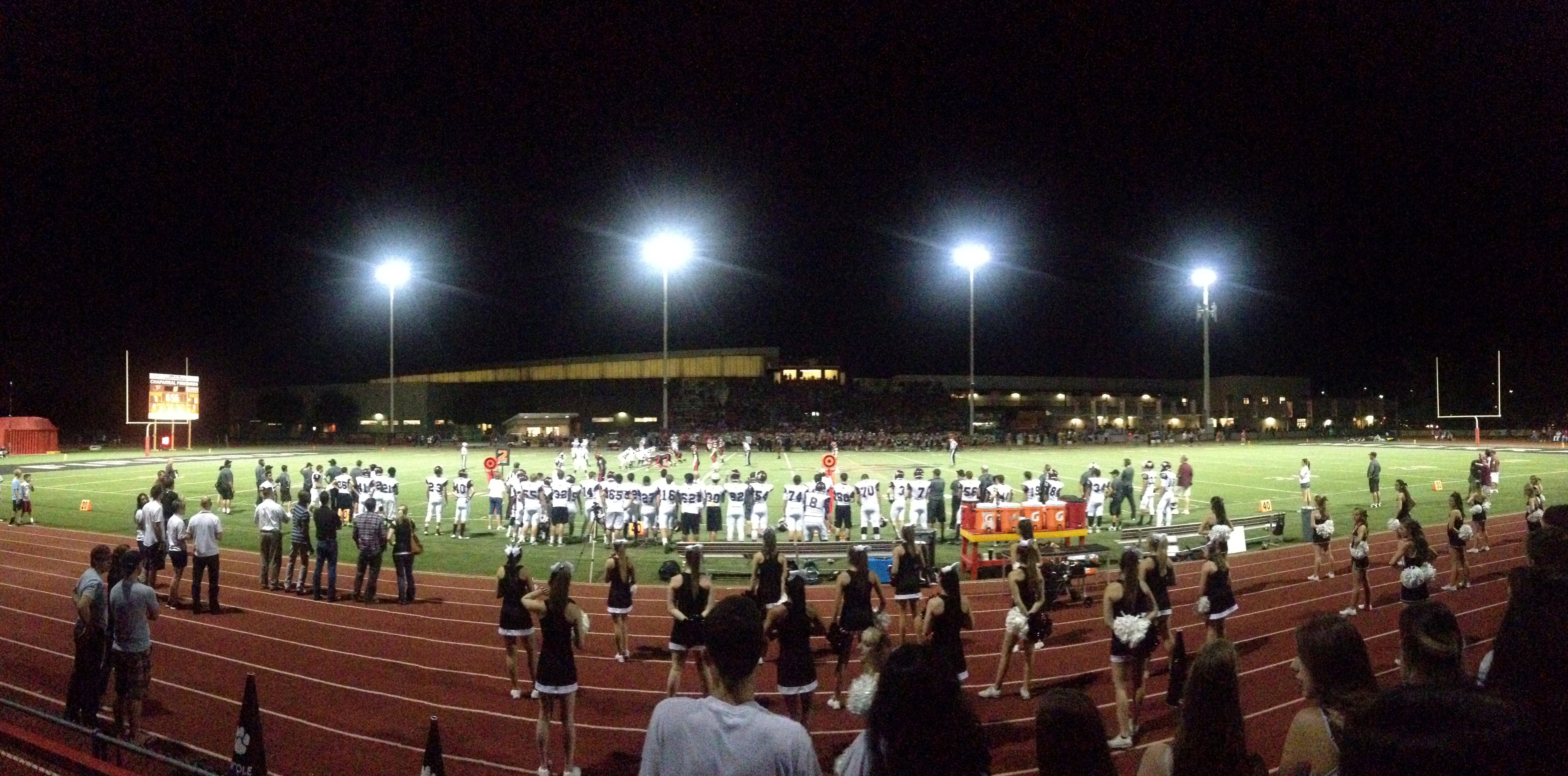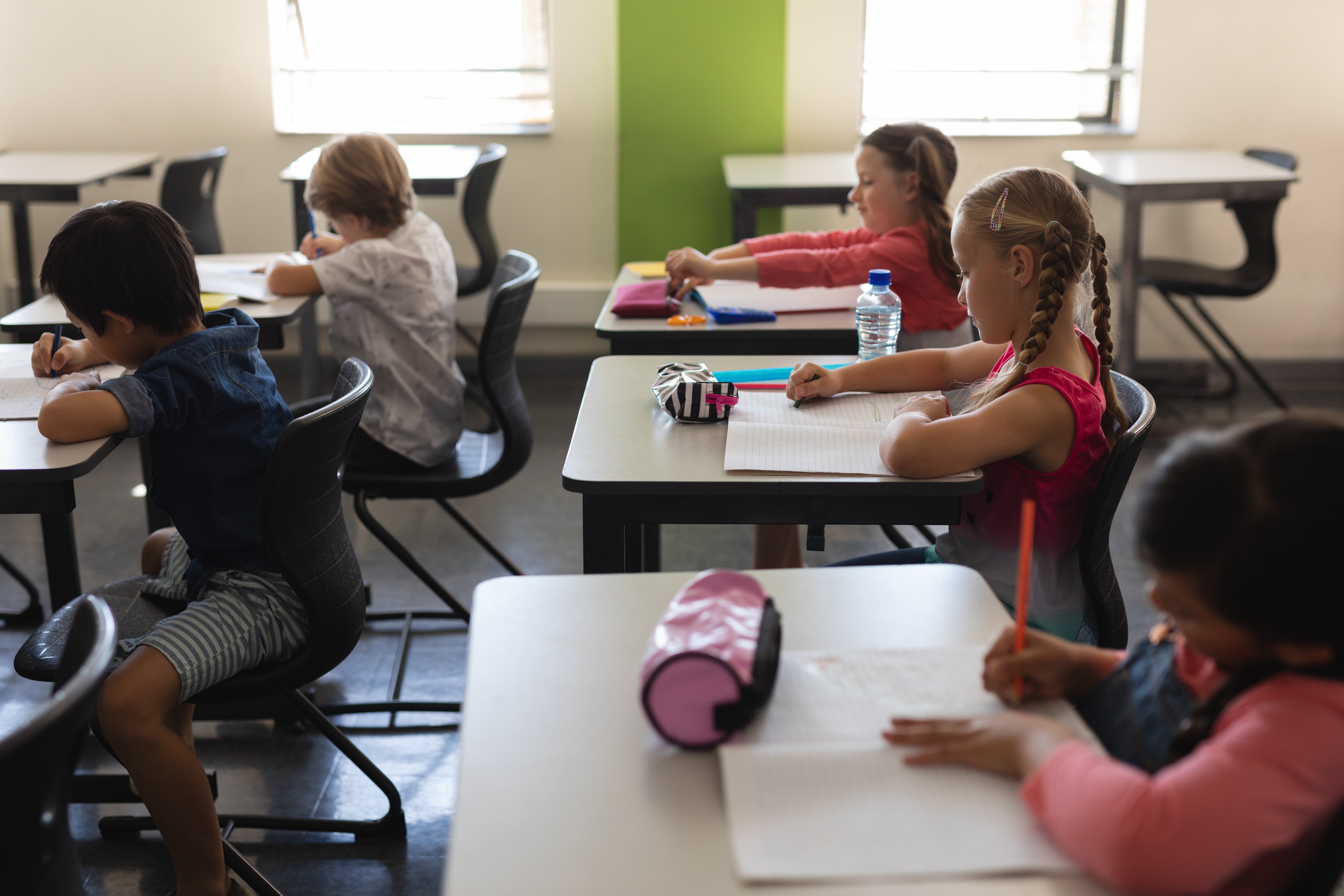Recently, I wrote about the importance of accounting for all the events your school has after the last bell has rung. We often look at our responsibilities for school safety ending when the last bell rings for the day. However, many activities continue long after the “normal” school day ends. Some of these activities even go late into the evening. These activities range from a handful of participants to sporting events that can attract several thousand event-goers. While discussing these events outside of school hours, we must account for those that occur during regular school hours but off-campus: field trips, special events, college visits, etc.
This begs the question, who is responsible for the safety of these events? In most instances, the person who authorized those events is likely the principal. With this understanding, the principal is responsible for ensuring safety and security plans are present for all school events and those held off campus, regardless of the time of day. Since sporting events are a unique subject, I will address them shortly. However, we must account for these other events: clubs, associations, tutoring, after-school care, recreational activities, parent nights, science nights, field trips, detention, bus and transportation activities, plays, and other productions, etc. Just like our during-school activities, we need an events and after-school safety and security plan. It is much more likely that the entire safety team, or those responsible for safety, will be absent; someone has to be appointed and accountable for the safety of their participants.
The principal is ultimately responsible for the safety of all school activities, but in most cases the principal is more likely to be gone, so the immediate safety of these participants falls directly on the shoulders of the activities’ sponsor or coordinator. This means the principal and the coordinator must have a strong understanding of what needs to be done to protect the safety of the participants. There cannot be any ambiguity or misunderstanding of who is responsible for what. This can be accomplished simply by having a plan for after-hours and ensuring the coordinators and the principal are well-versed in this plan, have been trained, and can execute the plan without hesitation. Once this has been done, this plan can be used throughout the school year, with only the occasional review or when something in the plan requires to be revisited. The bottom line is that those hosting any school event must have the knowledge, skills, experience, and ability to provide for the safety of their participants, especially if something happens and the typical people who are responsible are not available. It is the principal's responsibility to ensure they have all of those.
As mentioned, sporting events are unique and, therefore, require a separate plan for each one. Even though most basketball and football games are very similar, each game brings with it a set of unique challenges and characteristics. These include different rivalries, season standings, game implications, community problems and concerns, fan bases, and political environments, to name just a few. Oh—and don’t forget the weather. For event planning, it requires a comprehensive security and safety plan separate from all your other all-hazards response plans. This comprehensive plan will make your audience feel secure and protected. Understanding that during a sports season, things come very fast and leave very little time to ensure your safety plans get created every week; you must plan all of your events at the start of the season.
Once your preliminary planning has been completed, you can update the plans and get approval shortly before the event. Additionally, once the final plans have received approval, there should be an Event Action Plan in place and an event staff security and safety briefing regarding what everyone should do during the event to prevent issues, mitigate any problems, and respond should that be necessary. Here are a few other considerations for your events that should be discussed during the event planning process:
- Pre-ticket sales: Completely open events are fun, but they can bring a whole host of issues that can be resolved by only allowing those who purchased tickets in advance. Some schools limit ticket sales only to students from the participating schools and their families.
- Communications: There is a lot of noise and distractions during sporting events. Knowing how to communicate during an emergency at the event is crucial.
- Types of Disruptions: In addition to all the issues mentioned previously, everything that can happen during regular school hours can and likely has occurred during a sporting event. This means the school must be capable of responding to all of these hazards: active shooter/threats, violence both inside and outside of the event, fires, weather, medical emergencies, riots, large-scale disturbances, etc.
- Security Staff: Ensure you have enough well-trained security and law enforcement staff to address your identified security risks. This will vary depending on your risks.
- Visiting Team: Almost half of your participants will be from another school and will not be familiar with your plans or protocols unless they are from your district and you use standardized protocols throughout the district. But they will still need to know where to go during an emergency. You will need to know who and how you will communicate with them.
- Reunification: Know how you will conduct a “Reunification Operation” during an event and how you will communicate during the reunification process. Understand that you will be working with a completely different set of challenges than you would during a similar situation during regular school hours when you know everyone you are dealing with.
According to a 2020 report by the U.S. Government Accountability Office (GAO), approximately 60% of school shootings occurred outside school buildings, such as in parking lots or on school buses, during the 2009–2019 period. Understanding the uniqueness of these events is critically important, and preparing to respond to emergencies is an absolute necessity. The uniqueness of these events substantially increases the complexity of emergencies. You do not want to discover this during your Friday night crosstown rivalry season opener.
Sources:
United States Government Accountability Office. K-12 Education: Characteristics of School Shootings. GAO-20-455, 2020.










.png)

No Comments Yet
Let us know what you think